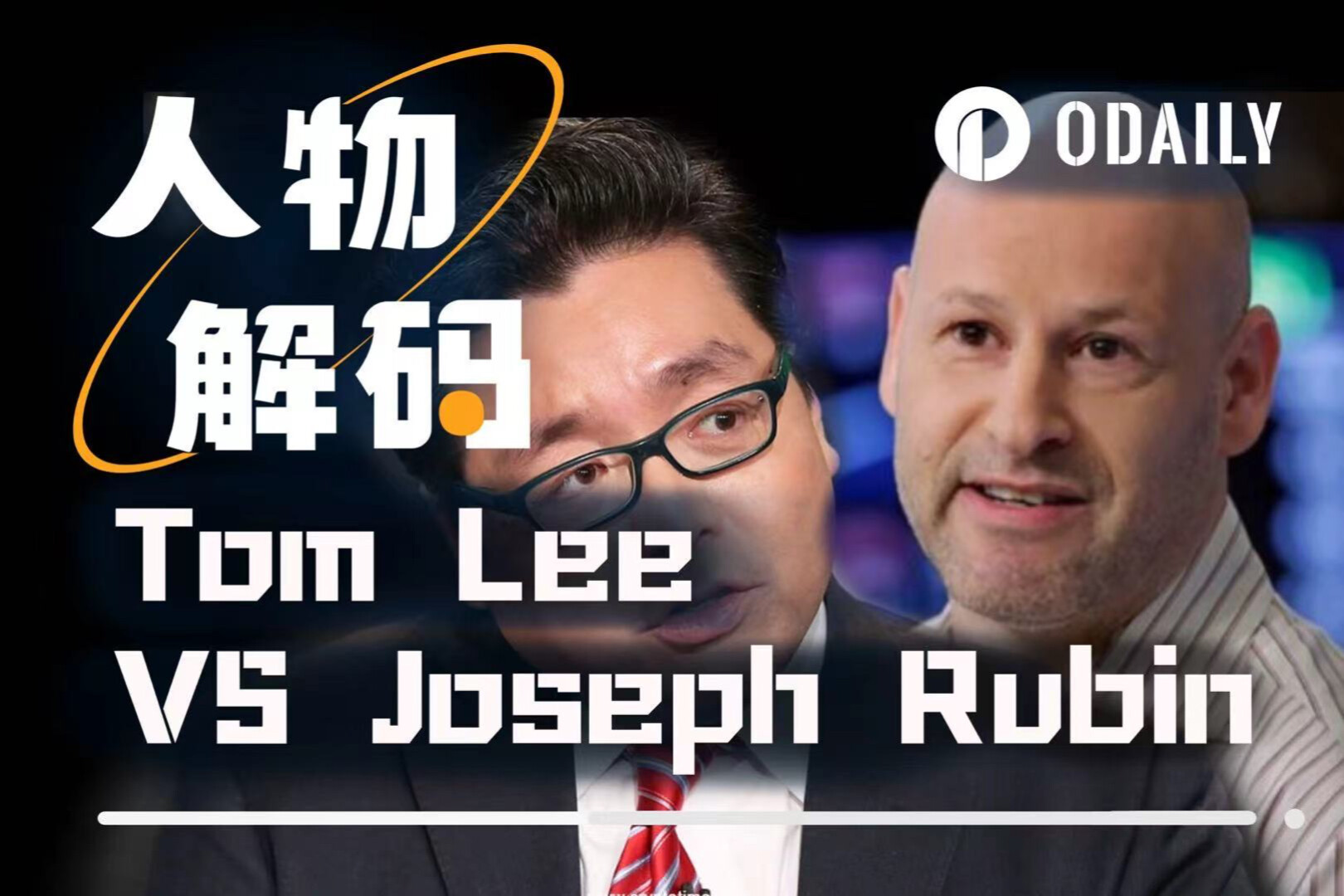Editor's Note: This article comes fromEditor's Note: This article comes from, Author: ChainNews, published with authorization.

secondary title
"There are scammers every year, especially this year"
He, 31 years old, had a lot of light on his head. As a Chinese graduate of Yale University, he was envied by his peers. He also once opened a hamburger bar in Beijing and served as the chef himself. As a Chinese, he became a special correspondent for Newsweek as a freelance reporter in 2008, and a contributor to established international media such as The New York Times and The Wall Street Journal, becoming a bridge between the East and the West.
He even threw himself into the upsurge of blockchain entrepreneurship and became an "ICO expert". Few people know how to write his Chinese name, only know that he calls himself "Jerry Guo".
This "Jerry Guo" is quite active in the currency circle, because he claims that he is good at helping blockchain startups raise funds through ICO, and many well-known projects are his clients. For example, he proclaimed everywhere that he "helped Polymath successfully raise $100 million through an ICO." Polymath is a security token issuance platform, and it is a popular company in the concept of "Security Token Issuance STO" that is currently being hyped.
Unfortunately, the FBI agents were after him.
In early November, FBI agents arrested the former journalist, a self-described “blockchain serial entrepreneur,” in Puerto Rico, accusing him of stealing more than $3.5 million worth of cryptocurrency from the startup that hired him as an advisor.
The amount of money is not large, but it is of great significance in a series of enforcement actions by US regulators to crack down on irregular ICO activities.

"ICO expert" Jerry Guo was sent to San Diego, California, where he is now facing criminal charges on eight counts. According to the US federal law, if he is convicted, he may be sentenced to up to 20 years in prison, and at least five years and three months in prison.
Lianwen contacted David Ritter, CEO of Penta, to understand the business relationship between the project and Jerry Guo. As of press time, no official reply has been received.
secondary title
A glamorous "ICO expert"
In the ICO craze that burst the bubble, Jerry Guo is a big shot.
In the past year, a large number of start-ups hoped to collect money through ICO. How to successfully hype and get the receivers to pay for the tokens is the most eager service for these companies. Therefore, Jerry Guo, who is proficient in Chinese and Western cultures and has a background in international media, stood out. First, he boasted about himself, and then many people really began to believe that he was a big figure in the cryptocurrency market who asked him to provide ICO hype services.
Jerry Guo requires new clients who want him to provide ICO consulting services to deposit cryptocurrency into his Bitcoin or ETH wallet opened on BitGo, paying a commission for the service in advance.
At the same time, he is also promoting a blockchain project called ICST, hoping to let this project be financed through ICO. He said that this is a blockchain content sharing platform that can help artists who have been ignored by the mainstream to achieve both fame and fortune on the platform.
According to Jerry Guo, the ICST project has reached a cooperation agreement with the American talent show "The Voice" and "American Idol". He also stated before and after the project ICO in June that he intends to create a talent show called "ICST Idol". This talent show will provide champions with 100,000 ICST coins as bonuses, "worth $5,000."

image description
Jerry Guo pitches ICST's ICO on the deck of a yacht
Finally, the draft actually went on. About 25 players were shortlisted for this competition. No one knows which player won the championship, but when the ICO of his project came to an end, he claimed to have raised $2.5 million in ETH within 17 days.
Jerry Guo's hype is top-notch. For example, the name of the video he appeared in mentioned above is called "The Founder of the "American Idol" Blockchain Platform Travels to Asia". But in fact, some media asked Fremantle, the producer of the "American Idol" program, and the American ABC TV network that broadcast the program, and neither of them could confirm the cooperative relationship with him. .
After the ICO raised money, the project died down, and there was no movement. It was difficult to contact the key figures in the project brochure and white paper. Later, an American media contacted the "Chief Technology Officer" Vaibhav Namburi listed in the project. Surprisingly, Vaibhav Namburi said: "This is weird! I just helped them as a technical consultant and guided the technical direction of their project. It was only a few weeks before and after. My relationship with this project is so much." He said that he had no contact with the project party for six months.
secondary title
total fraud
According to an investigation document obtained by Lianwen, which was released by the FBI to court documents, the prosecution has evidence that on August 19th, Jerry Guo transferred the ETH worth approximately US$300,000 belonging to ICST to his personal account. ETH wallet.

image description
That wasn't the only transfer he made that day.

image description
A total of $3.5 million in cryptocurrencies was privately transferred by Jerry Guo
According to the testimony provided by Mark Matulich, special detective of the FBI Financial Crimes Investigation Team, Jerry Guo also systematically ransacked the cryptocurrency paid to him by customers in the Bitgo wallet within a few hours that day.
These transfers shocked and outraged Jerry Guo's clients. Because according to the service agreement reached between these customers and Jerry Guo, he cannot transfer these cryptocurrencies without the customer's knowledge and consent.
Originally, Bitgo had a multi-signature mechanism, which was originally intended to ensure the security of funds, but Jerry Guo had his own method.
According to court documents obtained by Lianwen, the customers who suffered losses include Penta, a well-known blockchain project in China, and Rate3, a blockchain project. FBI detectives accused Jerry Guo of stealing a total of $3.5 million worth of Bitcoin and ETH.

image description
Prosecution evidence shows that Jerry Guo transferred cryptocurrencies from Penta, a well-known blockchain project in China, and Rate3, a blockchain project
“Guo provided virtually no customer service during the duration of the agreement,” FBI Special Agent Mark Matulich wrote in his affidavit.
When the FBI investigated Jerry Guo's resume, he also found that he fabricated a large number of false clients who had never heard of him, and his professional resume was also largely fabricated.
For example, the most notable of his touted personal ICO achievements is security token offering platform Polymath, which he claims to have led a $100 million ICO. However, FBI agents claimed that this was also a forgery. "Guo worked with Polymath for a month and a half and did not hand over any transcripts. The company terminated the cooperation with him."
Polymath co-founder Chris Housser told FBI agents that the company also suspects that Jerry Guo defrauded the company of $50,000 in upfront fees by sending fake likes to Polymath on Facebook.

Today, if you look at Jerry Guo's personal account on Linkin, he still lists himself as "leading Polymath's $100 million ICO".
But FBI detectives said Polymath had been hoping to distance itself from Jerry Guo. He wrote in his affidavit that Polymath officials told him that “Polymath has been trying to contact Guo to have him remove all links to Polymath from his ICO promotional website, but Guo has not responded.”
How to make quick money?
The investigation by FBI agents revealed more truths.
Although Jerry Guo has always claimed to be a special correspondent for Newsweek and a contributor to established international media such as the New York Times and the Wall Street Journal, in fact, his work experience in these media is not glorious.
His glamorous career as a journalist came to an abrupt end because he was exposed to using his journalistic name to bluff in exchange for free merchandise and free itineraries, and there were fraudulent reports in his reports, so he was unable to continue his career in the media circle.
Grant Martin, editor of the AOL website Travel Channel, who had asked him to write a story about his journalistic career, also recalled his personal experience dealing with him. Grant Martin said he decided to fire the young freelance writer after discovering in 2008 that he was cheating the company's content management system by repeatedly charging him for old blog posts. Blog posts from our site were sold to freelancing marketplace ELance within the same week for $5 a piece.”

image description
In 2011, some media already questioned why media scammers with bad records could still get investment
After being forced to leave the media circle, Jerry Guo came back later in New York’s “Little Silicon Valley” and launched Grouper, a collective dating service application, which won the seed round funding from YCombinator, a well-known American startup incubator, but the service only survived for eight months.
After reading this, everyone will say, this Jerry Guo's deception skills are really not good, why is he still successful?
His journalistic career has been well-publicized for his fraudulent practices, but his presence in the world of ICOs seems to go unchallenged.
In fact, this is the scariest part of the ICO boom that just ended.
The thought of making quick money has everyone going to their heads. In the farce-like ICO activities, the eyes are full of outright illegal activities, and people know it well. This is very similar to the dot-com bubble, when most projects were not competitive, investors were greedy, and eventually the bamboo basket was empty.



